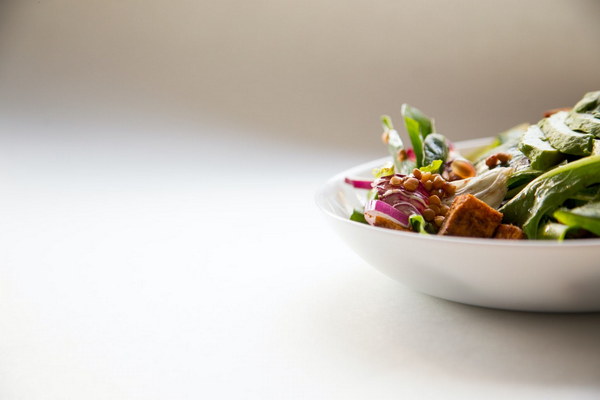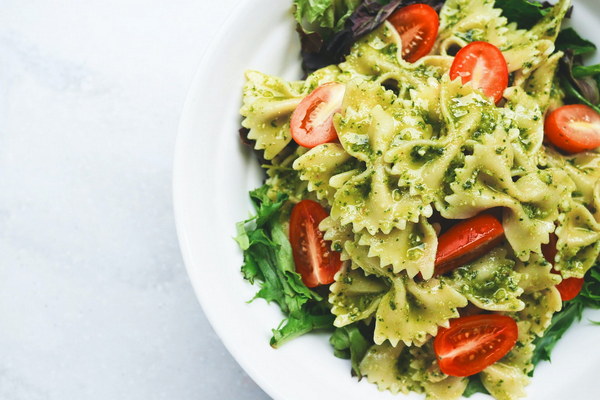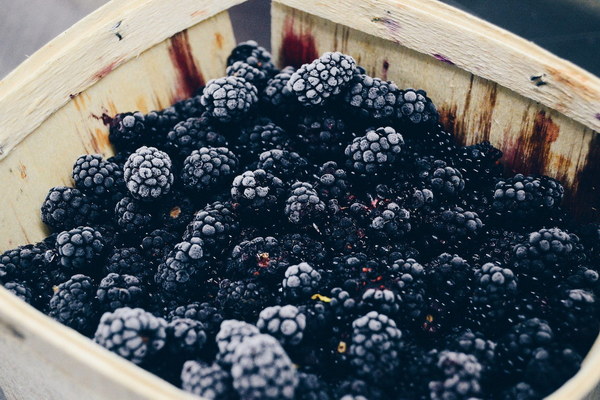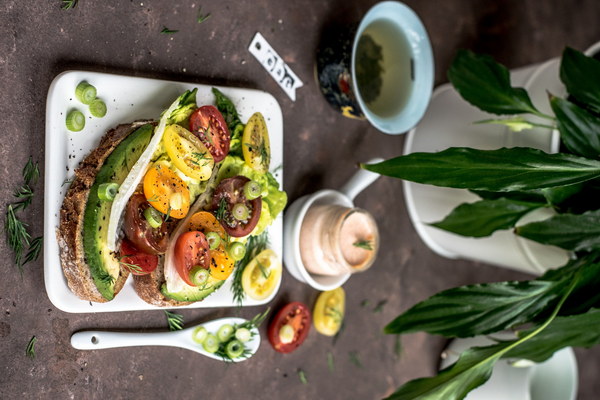Revitalizing Your Liver The Power of Traditional Chinese Herbs in Liver Support Remedies
In the quest for a healthy liver, many individuals turn to traditional Chinese medicine for its natural and holistic approach. Liver support remedies, especially those formulated with specific Chinese herbs, have gained popularity for their potential to promote liver health and prevent various liver-related conditions. This article explores the wonders of these traditional herbs and how they can be a game-changer in your liver care routine.
1. Bupleurum (Chai Hu)
Bupleurum, also known as Chinese skullcap, is a versatile herb commonly used in liver support remedies. It has been traditionally used to treat liver disorders, including hepatitis, and to alleviate symptoms of liver congestion. The active compounds in Bupleurum, such as saikosaponins, help improve liver function by protecting liver cells from oxidative stress and promoting detoxification.
2. Scute (Huang Qin)
Scute, or Baical skullcap, is another herb that has been used for centuries in Chinese medicine to support liver health. It is known for its anti-inflammatory and antibacterial properties, making it beneficial in treating liver infections and hepatitis. The active ingredient, baicalein, has been shown to reduce liver inflammation and protect liver cells from damage.
3. Astragalus (Huang Qi)
Astragalus, also called milk vetch, is a well-known herb in Chinese medicine for its immune-boosting properties. It is also effective in supporting liver health by enhancing liver regeneration and improving liver function. Astragalus contains compounds like astragalosides, which have been found to protect liver cells and promote healing.
4. White Peony (Bai Shao)
White peony is a traditional Chinese herb known for its liver-soothing and anti-inflammatory properties. It has been used to treat liver-related conditions such as hepatitis, liver cirrhosis, and liver failure. The active compounds in white peony, such as paeoniflorin, help reduce liver inflammation and improve liver function.

5. Dandelion (Pu Gong Ying)
Dandelion is a well-known liver cleanser and detoxifier. It has been used in Chinese medicine to support liver health and improve bile flow. The active compounds in dandelion, including taraxasterol and taraxol, have been found to protect liver cells and reduce liver inflammation.
6. Turmeric (Jiang Huang)
Turmeric, or curcumin, is a powerful anti-inflammatory herb that has gained recognition in Western medicine for its liver-protective properties. It is commonly used to treat liver conditions such as non-alcoholic fatty liver disease (NAFLD) and liver inflammation. Curcumin helps reduce oxidative stress and promotes the regeneration of liver cells.
7. Licorice (Gan Cao)
Licorice is a versatile herb used in Chinese medicine to support liver health and enhance the effectiveness of other herbs in the formula. It has been found to have anti-inflammatory and liver-protective properties, making it an excellent addition to liver support remedies. Licorice contains glycyrrhizin, which has been shown to reduce liver inflammation and protect liver cells.
Incorporating these traditional Chinese herbs into liver support remedies can offer a natural and effective way to promote liver health. However, it is essential to consult with a healthcare professional before starting any new supplement, as some herbs may interact with certain medications or have side effects in certain individuals.
Remember that maintaining a healthy lifestyle, including a balanced diet, regular exercise, and avoiding excessive alcohol consumption, is crucial for overall liver health. By combining these lifestyle choices with the power of traditional Chinese herbs, you can take a holistic approach to liver care and enjoy the benefits of a healthier liver.









